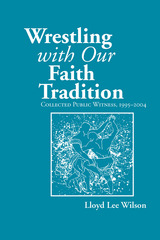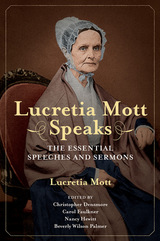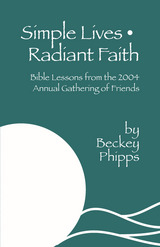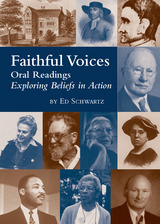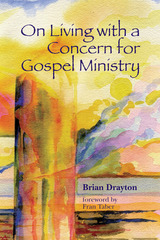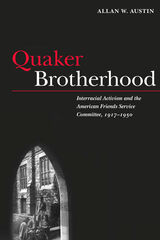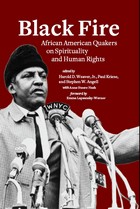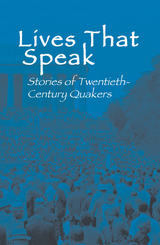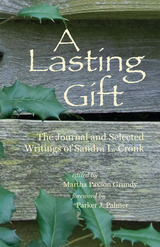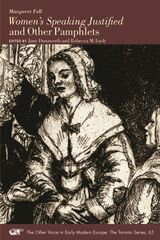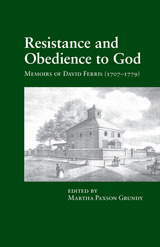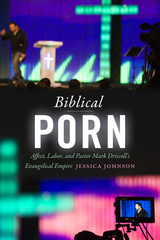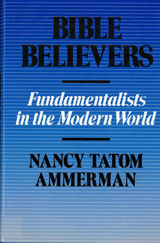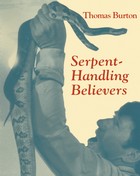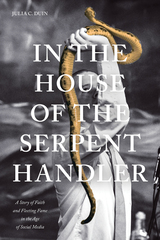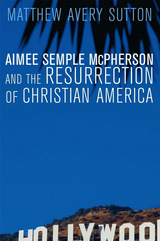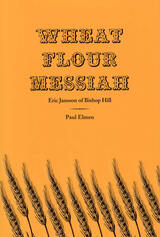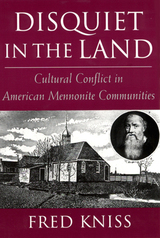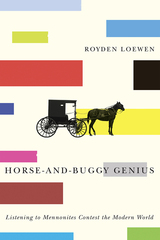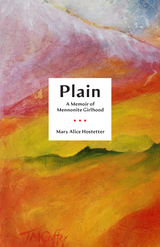Damrosch has undertaken in this gripping historical monograph to explain what he refers to as ‘the meaning of the Nayler affair.’ Against the background of the political culture of the Interregnum period, he seeks to unpack the rich significance of Nayler’s mistakenly blasphemous ‘sign’… Certainly the Puritans of the Interregnum were becoming more powerful… As Damrosch illustrates so vividly in this superbly crafted book, there is a very real (and dangerous) sense in which all power does corrupt.
-- Douglas A. Sweeney Books & Culture
Leo Damrosch attempts to rehabilitate Nayler’s reputation from centuries of bad press and Quaker editing. He has mined neglected sources, especially the more controversial of Nayler’s pamphlets that were left out of George Whitehead’s heavily edited 1716 edition of Nayler’s works. The result is not another biography of Nayler but an attempt to get at ‘the meaning of the Nayler affair.’
-- Richard G. Bailey Canadian Journal of History
[The Sorrows of the Quaker Jesus] is emotionally moving and intellectually challenging. Both contemporaries and historians of various religious persuasions have argued and puzzled over the Nayler’s story. Apparently, he could never fully explain his behavior that rainy day in Bristol. With masterful literary criticism and critical historical reconstruction, Damrosch analyzes the incident in all of its complexity. With chapters on the Quaker menace, theology, Nayler’s sin and its meanings, the trial and an aftermath, the book contains paradox and irony on every page… Among its many virtues, The Sorrows of the Quaker Jesus is a fine historiographic study of the affair and how the event’s meaning has changed over time… Damrosch has revealed an interesting and important affair in the history of the Quakers. After all these centuries Nayler has a sensitive interpreter of that event in Bristol.
-- Donald K. Pickens Cross Currents
[The Sorrows of the Quaker Jesus] conveys the power of religion in mid-seventeenth-century English society and politics in a very evocative way… [The Quakers] have attracted a great deal of attention in recent years and much is now known about the early Quakers, especially their militant and unconventional behaviour, which was very different from the pacifism and respectability of the movement after the middle of the seventeenth century and which made the early Quakers an object of great fear and hostility among conventional opinion at the time. What until now has been much less obvious, are the answers to two questions about the early Quakers: why did some people find their message attractive; and why did James Nayler, one of the first Quaker preachers, ride into Bristol in October 1656 re-enacting Christ’s entry into Jerusalem, for which he was convicted of ‘horrid blasphemy’? The Sorrows of Quaker Jesus supplies the fullest answers to date to both of these questions.
-- Barry Coward History Today
This is a superb piece of historical reconstruction. Damrosch’s book is a revisionist account of the entry of James Nayler into Bristol, in which he decisively rejects the accusations of messianic delusion and the assertions of exceptionalism. Instead, he offers an account in which an increasingly conservative regime, while recognizing the symbolism of Nayler’s actions, used it to comprehensively reject the threatening antinomianism for which it stood. Damrosch’s study goes beyond a simple recontextualisation, however. In studying Nayler’s followers he points out some aspects of early Quakerism which overturn the conventional understandings… This book seeks to offer a way into contemporary concerns: to make the religious as immediate as the political with which it was intertwined.
-- Farah Mendlesohn Quaker Studies
In late October 1656, James Nayler, a prominent member of the nascent Quaker movement, rode into Bristol on an ass, surrounded by a band of followers who cast their clothing before the rider while singing hosannas in the pouring rain. This apparent re-enactment of Jesus’s entry into Jerusalem, and the outrage it ignited among contemporaries in Cromwell’s England, is the subject of Leo Damrosch’s fascinating book… Damrosch brings to the episode the disciplined curiosity of an intellectual and literary historian steeped in the documents of the period.
-- Richard J. DuRocher Southern Humanities Review
Damrosch has written what will become the definitive account of [the Nayler] affair in a book that could also serve as a model of how to extract information from obscure texts… [He] provides valuable new insights in understanding Nayler, his women supporters, Parliament, and Quakers.
-- Choice
Absolutely splendid. This book offers a substantial new analysis of the essence of early Quaker thought; and it is a poignant and gripping story of how one man was destroyed for exposing the soft underbelly of Cromwellian religious liberalism.
-- John Morrill, Cambridge University

